
The Starbucks Experience
5 Principles for Turning Ordinary Into Extraordinary
Recommendation
Starbucks executives claim that the company's customer-friendly, socially responsible policies amount to a new business model, and author Joseph A. Michelli generally agrees. Certainly the company has been innovative and wildly successful. Unfortunately, Michelli's decaffeinated, artificially sweetened account of Starbuck's retailing prowess often reads as though the writer is giving a boost to the company's PR department – and the book cover design doesn't help, with its Starbucks signature colors, logo (dutifully trademarked, as is every mention of every cup of Frappucino) and inset of the brown, corrugated paper the company uses for cupholders. Some of Michelli's examples of Starbucks' caring policies are banal – opening early or providing a free cup of tea are not major innovations, nor are they transferable examples. Yet the book usefully illustrates how far good service and community relations can go. Each chapter provides a readers' guide and sidebars about how to apply Starbucks principles to your business. getAbstract recommends sipping it for applicable tips and interesting stories.
Summary
About the Author
Joseph A. Michelli is the founder of a training, consulting and keynote presentation company. He hosts a daily radio show in Colorado.








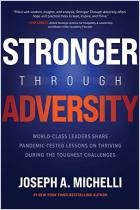
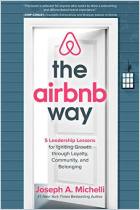
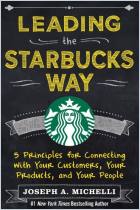
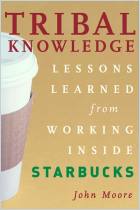
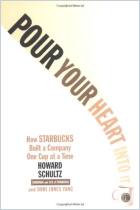
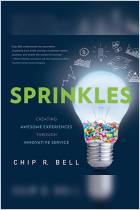
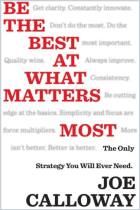
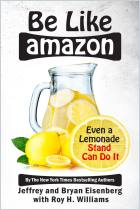
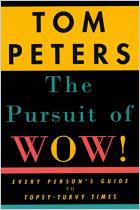







Comment on this summary or 开始讨论